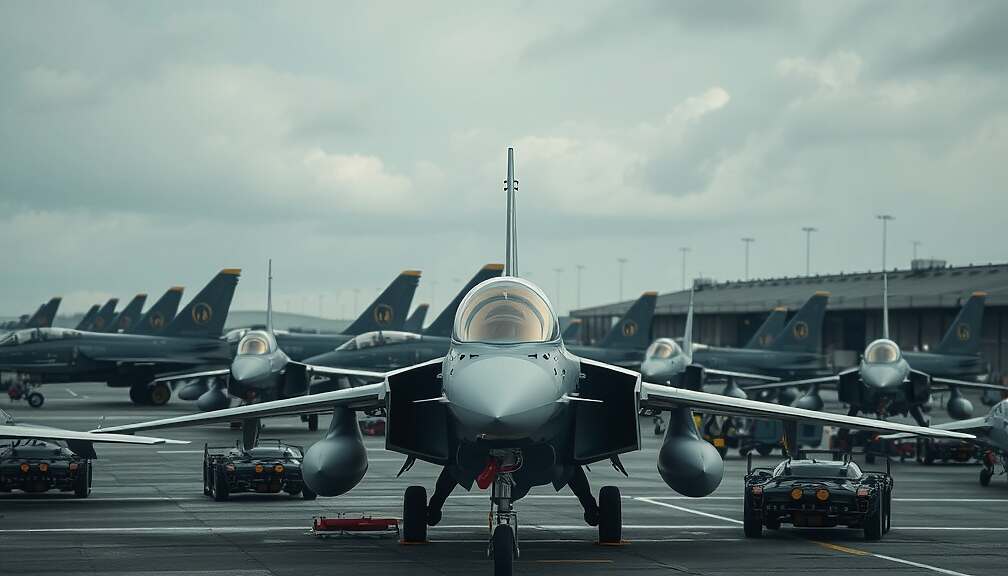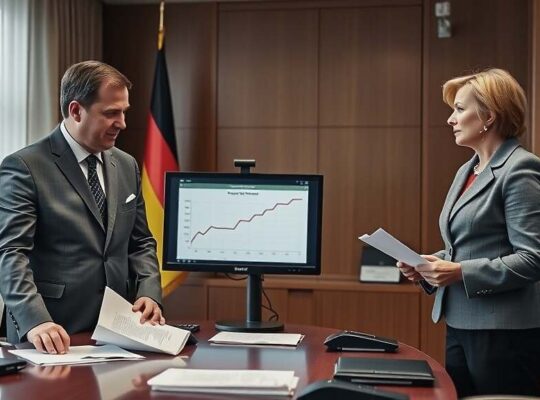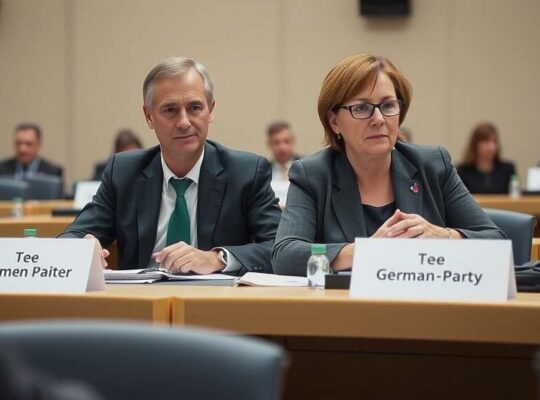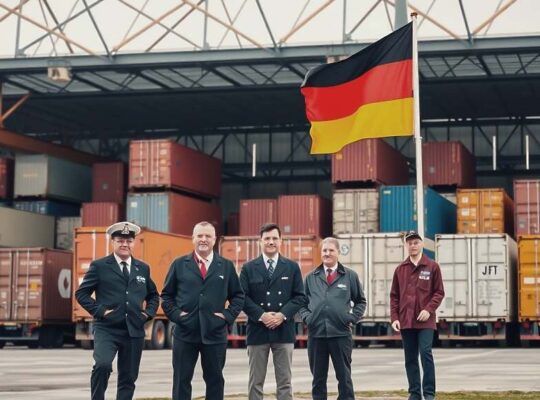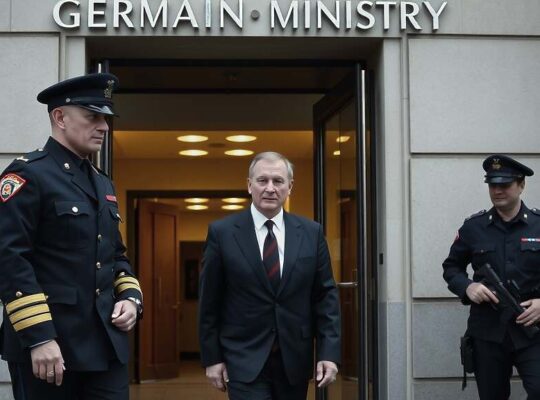Germany’s defense industry is bracing for a significant surge in orders for the Eurofighter combat jet, signaling a potential reshaping of national security commitments and raising critical questions about industrial strategy and European collaboration. Airbus Defence and Space is poised to receive a substantial contract this week for 20 new Eurofighter aircraft for the Bundeswehr, following last week’s parliamentary approval within the budget committee.
While this order represents a significant boost for Airbus, the company’s CEO, Michael Schöllhorn, has indicated that this is merely the initial phase of a much larger production ramp-up. “We have struggled in the past to maintain the necessary production rate of ten aircraft per year” Schöllhorn told the Handelsblatt, “Now we are doubling that rate in anticipation of further orders”. This suggests that the German government’s commitment is likely to be broader than initially apparent.
The Eurofighter consortium, comprised of Airbus (46%, including its German and Spanish subsidiaries), BAE Systems (33%, UK) and Leonardo (21%, Italy), will need to aggressively accelerate component production across its international facilities. Final assembly lines currently operate in Spain, Italy and Germany, with the Manching site near Ingolstadt playing a critical role, employing approximately 6,000 personnel in aerospace and space-related activities.
The €3.75 billion contract, encompassing not only the aircraft themselves but also simulators and spare parts, is prompting scrutiny of Germany’s defense spending and its alignment with broader European security objectives. Critics are questioning the rationale for such a substantial investment in a system already in production, suggesting it could divert resources from other technological advancements, such as drone defense systems or cyber warfare capabilities.
Furthermore, the decision to significantly increase production raises complex questions regarding the consortium’s ability to manage the expanded workload and the potential for bottlenecks within the supply chain, particularly given ongoing global economic uncertainties. The intensified production also highlights the political sensitivities surrounding European defense cooperation, prompting debate about the balance of power and economic benefits within the Eurofighter partnership itself and Germany’s increasingly assertive role within it.


